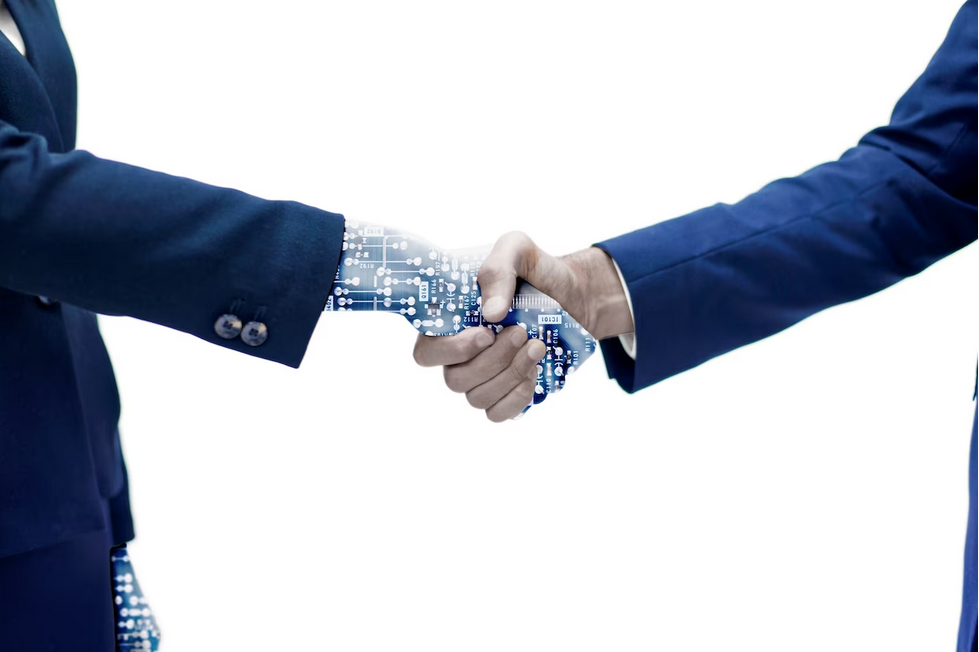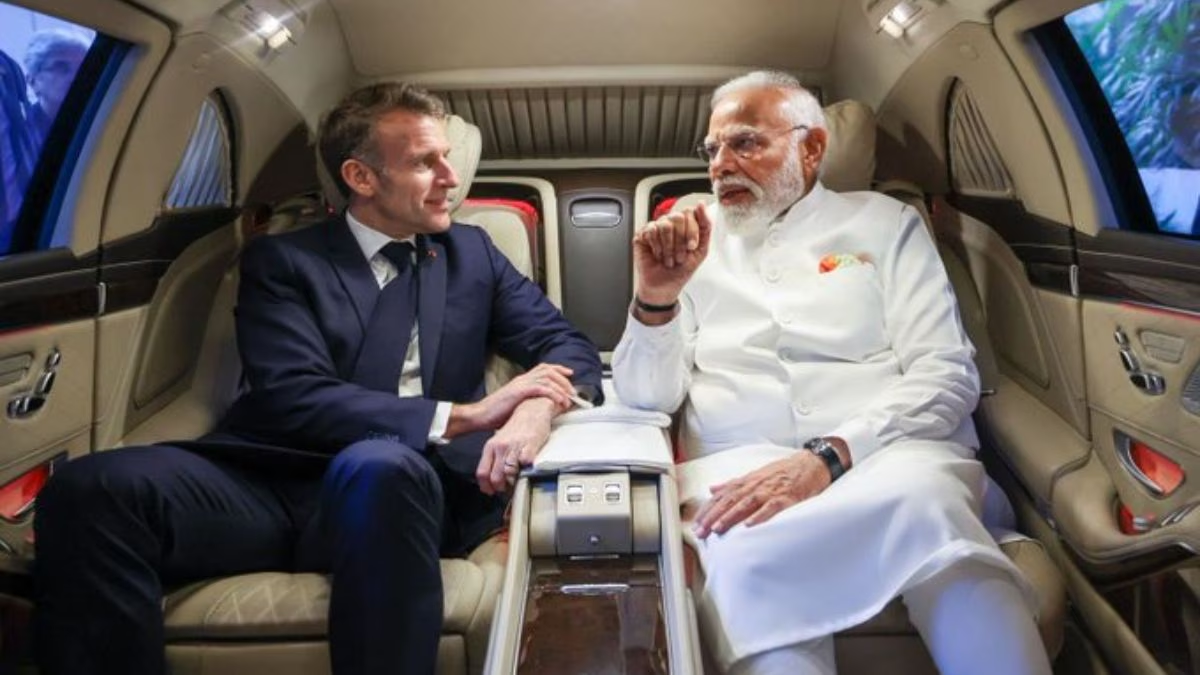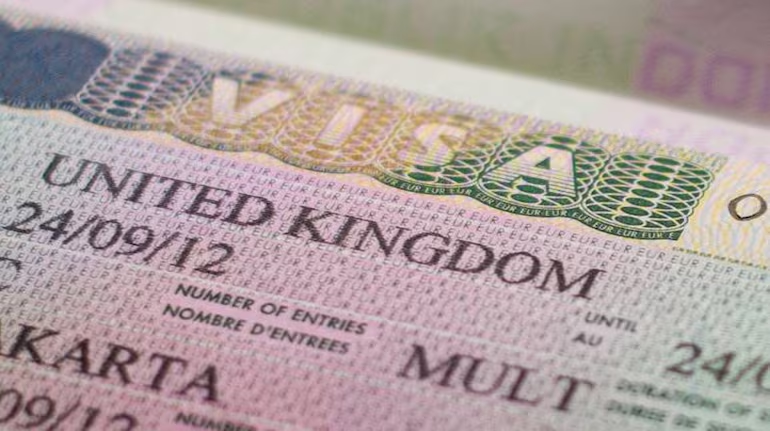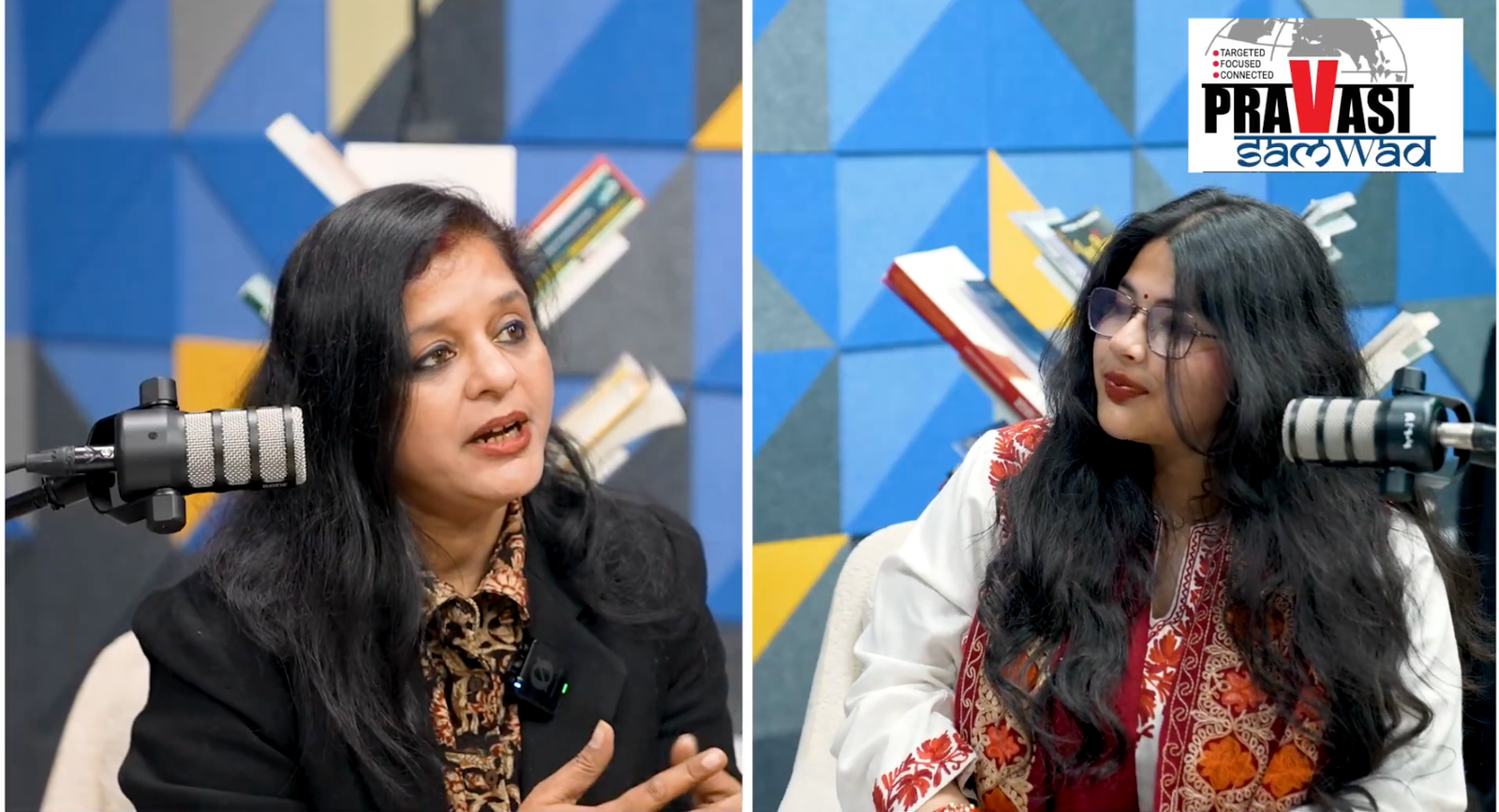Social media platforms like Facebook, Instagram, and Twitter have given individuals the tools to curate and project their identities to a global audience. While this has empowered people to express themselves and find like-minded communities, it has also raised questions about authenticity and the impact of constant self-presentation
In an increasingly digital world, technology has permeated nearly every aspect of our lives, fundamentally transforming the way we communicate, connect, and relate to one another. From the early days of the internet to the current era of smartphones and social media, technology has brought about profound changes in how we form and maintain human relationships. This article explores the multifaceted impact of technology on human relationships, delving into both the positive and negative consequences of our digital age.
The Evolution of Communication
Communication is the cornerstone of human relationships, and technology has revolutionized the way we exchange information and stay in touch. The rise of email, instant messaging, and video calls has made it possible for people to connect across vast distances, transcending geographical barriers. This has undoubtedly facilitated global connectivity and allowed loved ones to maintain close bonds even when separated by continents.
However, as communication has become more convenient, it has also become increasingly fragmented. The immediacy of text messages and the brevity of social media posts have altered the depth and nuance of our interactions. Misunderstandings can arise when context and tone are lost in digital exchanges, highlighting the importance of face-to-face communication for genuine connection.
Social Media and Identity
Social media platforms like Facebook, Instagram, and Twitter have given individuals the tools to curate and project their identities to a global audience. While this has empowered people to express themselves and find like-minded communities, it has also raised questions about authenticity and the impact of constant self-presentation.
The “highlight reel” phenomenon, where people showcase only the most positive aspects of their lives, can lead to social comparison and feelings of inadequacy. Additionally, the addictive nature of social media has been linked to increased loneliness and decreased well-being for some individuals, as they prioritize online interactions over in-person ones.
Online Dating and Romance
The digital age has transformed the landscape of romantic relationships through the advent of online dating platforms. These apps and websites have expanded the dating pool and made it easier to connect with potential partners. However, they also introduce unique challenges, such as the paradox of choice, where too many options can lead to decision paralysis and dissatisfaction.
Moreover, the initial stages of online dating can be fraught with misrepresentation, as individuals may present idealized versions of themselves. The transition from online communication to real-world dating can also be tricky, as it often involves reconciling the digital persona with the reality of the person.
-
As we navigate this digital landscape, it is crucial to strike a balance between the benefits of technology and the preservation of meaningful, face-to-face human connections
-
Achieving this balance will be essential for the well-being of individuals and the future of our society in the digital age
Family and Technology
Technology has redefined family dynamics, affecting how parents, children, and extended relatives interact. On one hand, it offers families new ways to stay connected, especially when separated by work or other commitments. Video calls and messaging apps enable grandparents to witness their grandchildren’s milestones, and families to share daily updates.
On the other hand, the omnipresence of screens has raised concerns about screen time’s impact on child development and family bonding. Striking a balance between technology use and face-to-face interaction within families has become a critical challenge in the digital age.
Technology and Mental Health
The relationship between technology and mental health is complex. On one hand, digital platforms provide valuable resources for mental health support and awareness. Online communities offer a safe space for individuals to share their struggles and seek advice.
However, excessive screen time, cyberbullying, and the constant pressure to curate a perfect online image can contribute to stress, anxiety, and depression. The addictive nature of technology, driven by algorithms designed to maximize user engagement, can exacerbate these issues.
Technology and Intimacy
Technology has reshaped the concept of intimacy in relationships. Long-distance couples can maintain intimacy through video calls and texting, fostering emotional closeness despite physical separation. Additionally, technology has opened up new avenues for sexual expression and exploration, with both positive and negative consequences.
Conversely, the overreliance on technology for intimacy can hinder the development of emotional connections in real-life relationships. The ubiquitous presence of smartphones in social settings can also disrupt in-person interactions, leading to a sense of detachment and diminished emotional engagement.
Privacy and Security Concerns
The digital age has brought about significant privacy and security concerns. Data breaches, online harassment, and identity theft are growing threats in a connected world. The constant tracking of online activity and the monetization of personal data raise ethical questions about the boundaries between technology companies and individuals.
Overall, the impact of technology on human relationships is a complex and evolving phenomenon. While it has undeniably brought about positive changes in terms of global connectivity and communication, it has also introduced challenges related to authenticity, mental health, and privacy. As we navigate this digital landscape, it is crucial to strike a balance between the benefits of technology and the preservation of meaningful, face-to-face human connections. Achieving this balance will be essential for the well-being of individuals and the future of our society in the digital age.
**************************************************
Readers
These are extraordinary times. All of us have to rely on high-impact, trustworthy journalism. And this is especially true of the Indian Diaspora. Members of the Indian community overseas cannot be fed with inaccurate news.
Pravasi Samwad is a venture that has no shareholders. It is the result of an impassioned initiative of a handful of Indian journalists spread around the world. We have taken the small step forward with the pledge to provide news with accuracy, free from political and commercial influence. Our aim is to keep you, our readers, informed about developments at ‘home’ and across the world that affect you.
Please help us to keep our journalism independent and free.
In these difficult times, to run a news website requires finances. While every contribution, big or small, will makes a difference, we request our readers to put us in touch with advertisers worldwide. It will be a great help.
For more information: pravasisamwad00@gmail.com








